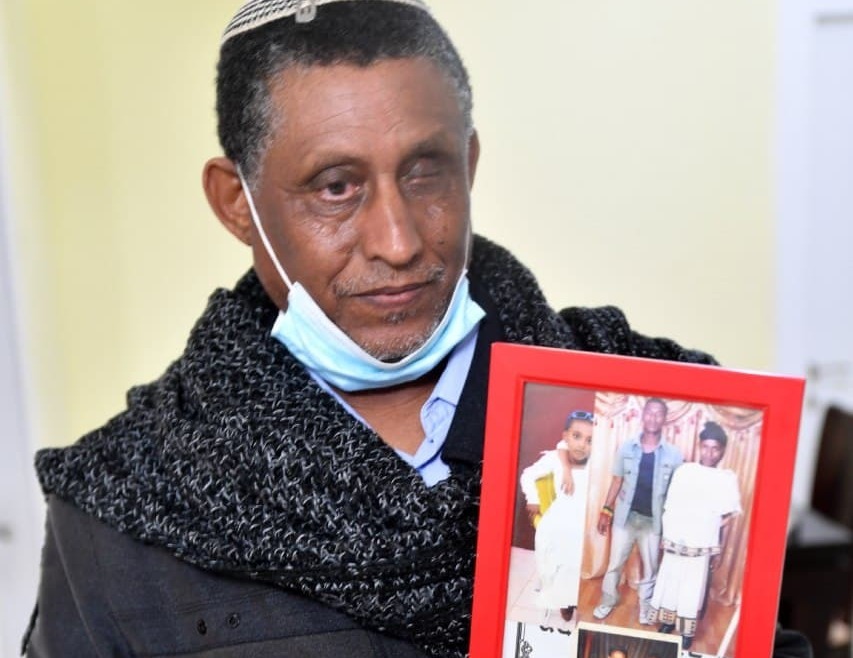Getting your Trinity Audio player ready...
The Israeli families of about 10,000 Ethiopian Jews are livid that their loved ones are left waiting in refugee camps in the war-torn Ethiopian cities of Addis Ababa and Gondar.
While the Interior Ministry is preparing to receive 2,000 Ethiopian Jews by January 2021, the families of those left behind are worried that the recent outbreak of war in the northern Tigray region puts their relatives in very real danger.
The families’ main grievance is that no one is providing an explanation according to which criteria immigrants are selected, or if their loved ones are even on the list of potential candidates for immigration.
In 2015, Prime Minister Benjamin Netanyahu ordered an immigration plan that would see all those waiting in Ethiopia make Aliyah within five years, as long as they can prove they have an affinity for Judaism and family in Israel.
Thus far, the promise has not been fulfilled.
Blihon Almo, who immigrated to Israel in 2005 with his parents and seven of his brothers, tells of his three more brothers who remained in Addis Ababa.
"We haven't seen them in 15 years and the hope we had of seeing them is starting to fade," said Almo. "Every morning my father gets up and cries. Since he found out about this Aliyah he asks me to call the Interior Ministry on a daily basis.”
Gazhein Warka, who immigrated to Israel with his parents and six of his brothers, waited 19 years for a brother and sister left behind in Ethiopia. Two weeks ago his sister made her way to Israel, but his brother Ashgra Asmara stayed behind.
"Maybe they thought he was not Jewish enough," said Warka. “We are an observant family, we donate to the state, we contribute to the army, to the police. Everything is political, it should not be like that."
Moket Fanta has been fighting for more than a decade to bring his aunt to Israel, as she is the only family he has left.
“If Prime Minister Benjamin Netanyahu’s government would have implemented its decision [to immigrant all Ethiopian Jews within five years] and not set absurd criteria time and time again, then the Ethiopian Jews would have reunited with their families long ago, instead of paying with their lives,” said Fanta.
So far, about 500 immigrants have arrived in Israel as part of the most recent Ethiopian immigration operation, while another 370 immigrants are expected to land in Israel in the coming two weeks.




